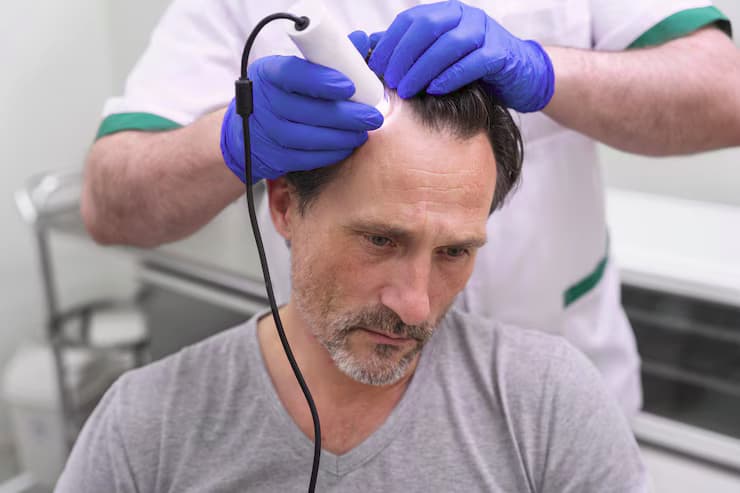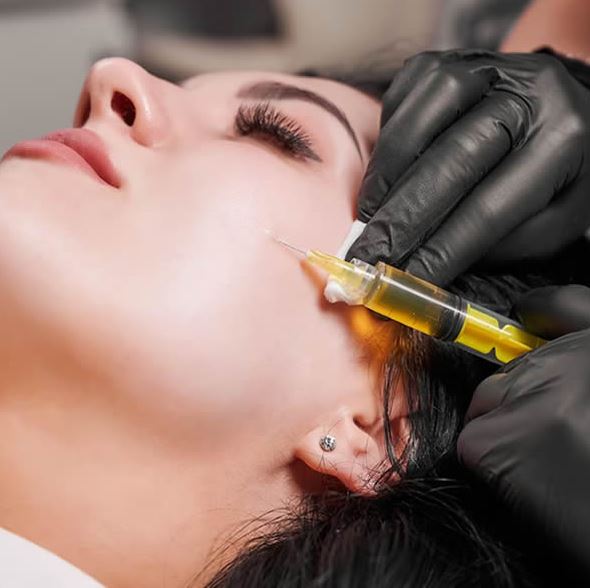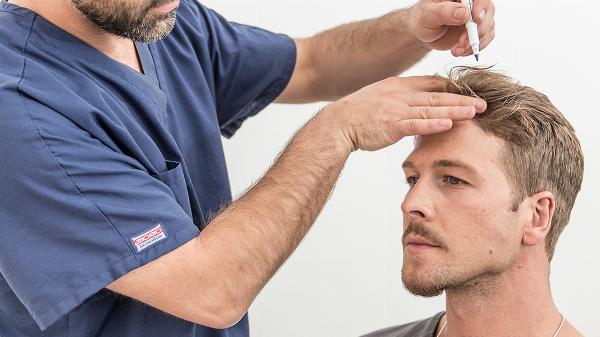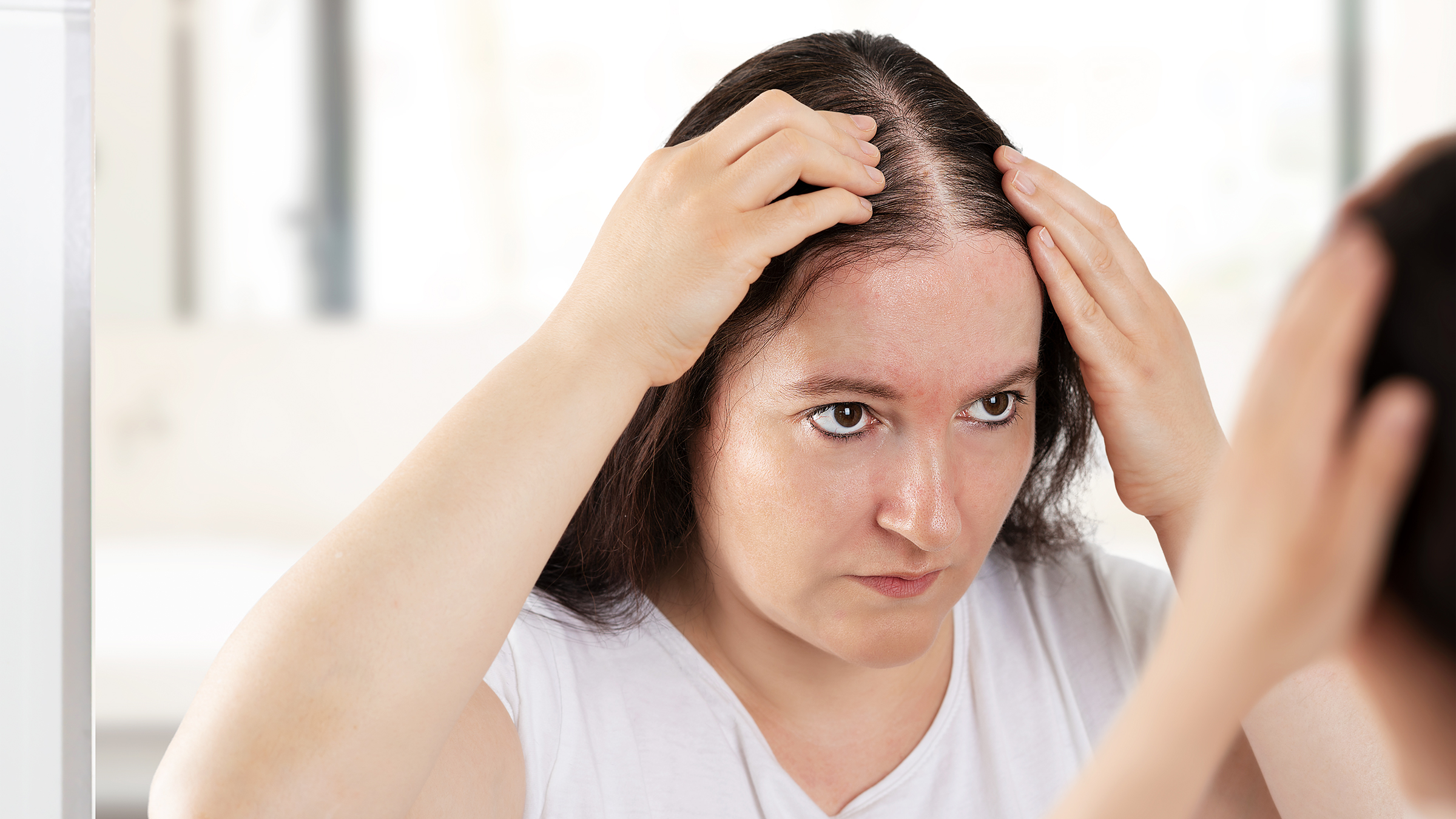Can I Go Bald Again After A Hair Transplant?
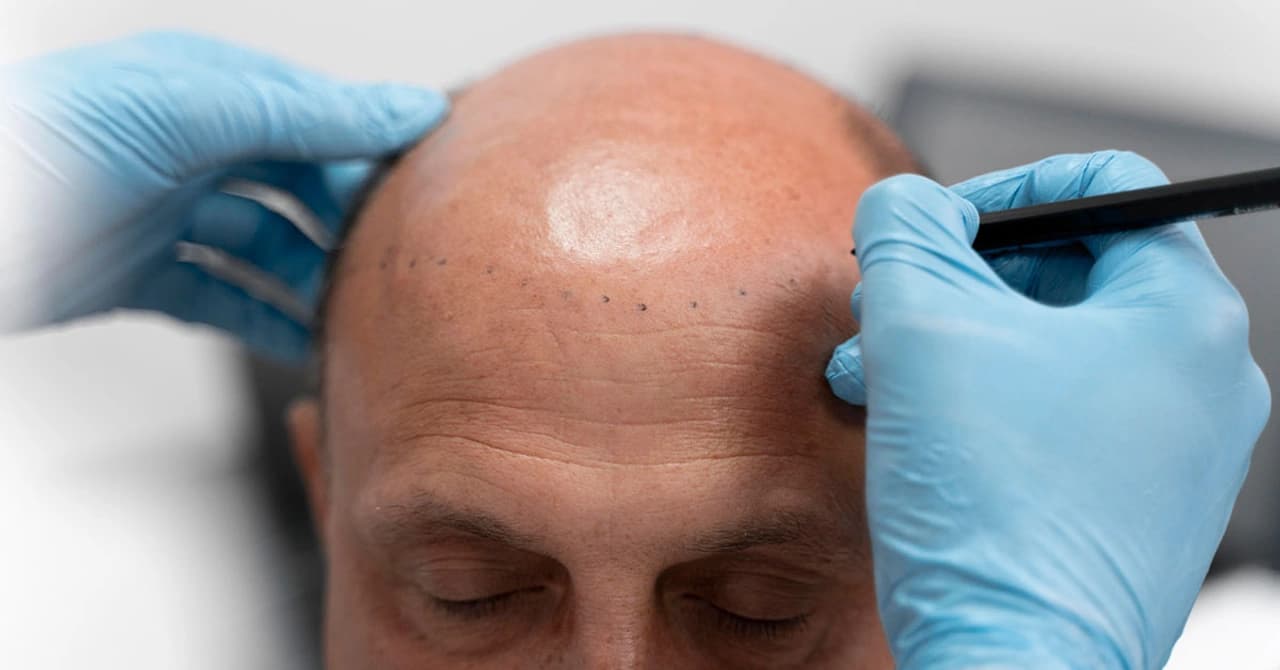
Strong 8k brings an ultra-HD IPTV experience to your living room and your pocket.
Hair transplants are a popular and effective solution for individuals experiencing hair loss. However, one common question many people ask is: Can I go bald again after a hair transplant? This article will explore the factors involved, how hair transplants work, and whether it’s possible for hair loss to recur after the procedure. We’ll also delve into the benefits of the treatment and provide expert insights to help you make an informed decision about Hair Transplant in Dubai.
✍️ When it comes to prevention, early intervention is key. Read why starting PRP or topical hair treatments early can make a big difference in long-term outcomes.
Understanding Hair Transplant Surgery
Hair transplant surgery is a medical procedure that involves removing hair follicles from a donor area (typically the back or sides of the scalp) and transplanting them into thinning or balding areas. There are two main types of hair transplant techniques:
Follicular Unit Extraction (FUE): In this technique, individual hair follicles are harvested from the donor area using a specialized tool and then implanted into the recipient site.
Follicular Unit Transplantation (FUT): Also known as the strip method, FUT involves removing a strip of skin from the donor area, extracting hair follicles from it, and transplanting them into the balding areas.
The hair transplanted through these methods is generally resistant to the hormone dihydrotestosterone (DHT), which is primarily responsible for male pattern baldness. As a result, transplanted hair is typically permanent, and many patients experience significant improvements in hair density and growth.
Can You Go Bald Again After a Hair Transplant?
While hair transplant surgery offers long-term results, there are still several factors that may influence whether you can go bald again after the procedure. It's important to understand that while the transplanted hair is resistant to DHT, it doesn't prevent new hair loss from occurring in other areas of the scalp.
Natural Hair Loss Can Continue
Hair transplants are designed to restore hair to areas that are already thinning or balding. However, the procedure does not stop the progression of hair loss in areas that haven’t been treated. If you have ongoing hair thinning in other regions of the scalp, it’s possible that you could experience further hair loss. Over time, you might need additional treatments to maintain the density of your hair.
Age and Genetics Play a Role
The potential for further hair loss can depend on factors like your age, genetics, and the pattern of your hair loss. As you age, your natural hair may continue to thin, and new areas of baldness might develop. A hair transplant can give you the desired appearance at the time of the procedure, but it won't prevent future genetic hair loss in untreated regions.
Post-Surgery Care and Maintenance
Proper post-surgery care and maintenance are essential to ensure that the hair transplant results last. If you do not follow the doctor’s guidelines or if there is significant trauma to the transplanted area, the results may be compromised. This can lead to a higher chance of hair loss in both the transplanted and surrounding areas.
Factors That Influence Hair Loss After a Transplant
Scalp Health
The overall health of your scalp plays an important role in the success of a hair transplant. If you suffer from conditions like dandruff, fungal infections, or scarring alopecia, your transplanted hair may not thrive as expected. Maintaining a healthy scalp through proper hygiene and care can help prevent these issues and support the growth of your transplanted hair.
Hormonal Changes
Hormonal changes, particularly fluctuations in testosterone and DHT levels, can impact hair growth after a transplant. Although transplanted hair is DHT-resistant, hormonal imbalances can still cause thinning in non-transplanted areas, leading to further hair loss over time.
Lifestyle Factors
Factors such as stress, poor diet, smoking, and lack of sleep can contribute to hair loss after a hair transplant. Leading a healthy lifestyle, including regular exercise and a balanced diet, is crucial for ensuring that the hair grows successfully and that hair loss is minimized.
Benefits of Hair Transplant Treatment
Hair transplant surgery offers numerous benefits that make it one of the most popular solutions for hair loss. Here are a few key advantages:
Permanent Solution: Unlike other temporary treatments like medications or hairpieces, hair transplants offer long-lasting and natural results.
Natural Look: Since hair is transplanted from your own scalp, the results look natural and blend seamlessly with the surrounding hair.
Low Maintenance: Once the transplanted hair begins to grow, it behaves like normal hair, requiring minimal care and maintenance.
Improved Confidence: Many patients experience a boost in self-esteem and confidence after their hair transplant, as they feel more comfortable with their appearance.
FAQs About Hair Transplants
Can a hair transplant fail?
While rare, hair transplants can fail due to improper technique, poor post-operative care, or underlying medical conditions that affect hair growth.
How long do hair transplants last?
Transplanted hair typically lasts a lifetime because it is resistant to DHT. However, natural hair loss may continue in untreated areas.
Can you get a second hair transplant?
Yes, if hair loss continues after the initial transplant, a second hair transplant can be performed to address new thinning or bald areas.
Is there a risk of hair loss after the transplant?
Yes, while the transplanted hair is generally permanent, natural hair loss can continue in untreated areas, potentially causing future thinning or balding.
When will I see results from a hair transplant?
It typically takes 6 to 12 months for transplanted hair to fully grow and show visible results. Full results can be seen in up to a year.
Conclusion
In conclusion, while a hair transplant can provide a permanent solution for hair loss in the treated areas, it is possible to experience further hair loss in untreated regions of the scalp. Factors like genetics, age, scalp health, and lifestyle play important roles in the long-term success of the procedure. It is essential to follow post-surgery care and maintain a healthy lifestyle to ensure the best outcomes from your hair transplant. Although you may go bald again in untreated areas, a hair transplant can still significantly improve your appearance and boost your confidence for years to come.
Note: IndiBlogHub features both user-submitted and editorial content. We do not verify third-party contributions. Read our Disclaimer and Privacy Policyfor details.



